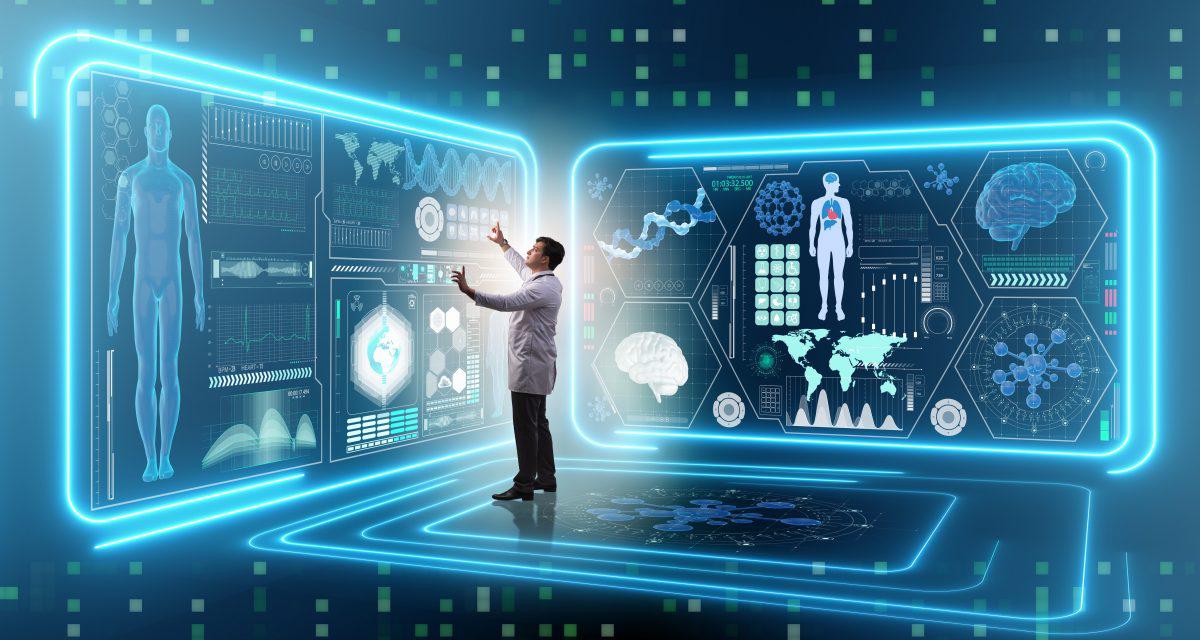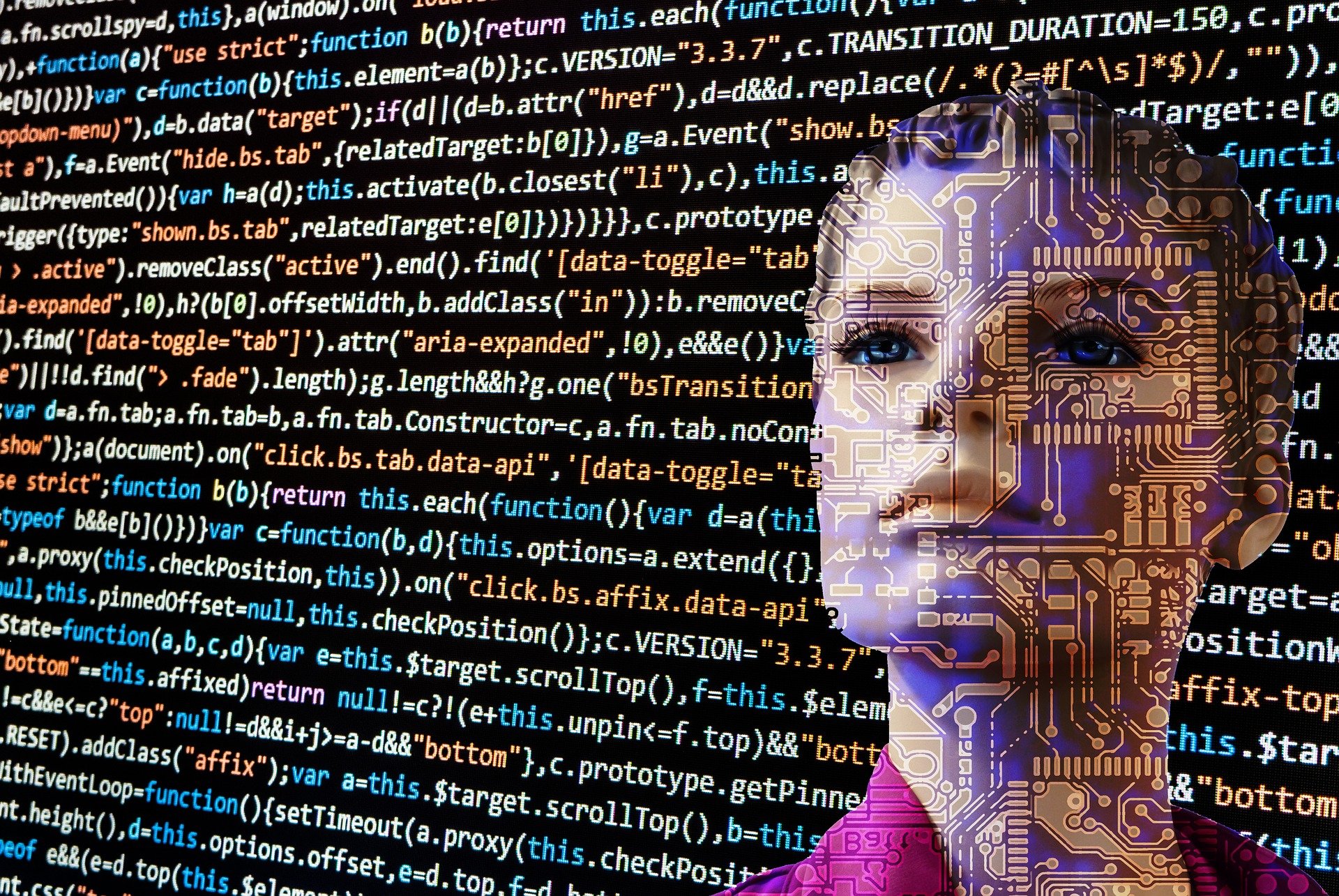
How AI is Revolutionizing Healthcare: Transforming Diagnostics, Treatment, and Administration
Artificial Intelligence (AI) is rapidly changing the healthcare landscape, transforming the way we diagnose and treat diseases, manage patient data, and deliver care. From computer-aided diagnosis to virtual health assistants, AI is revolutionizing healthcare in many different ways.
3 ways by which AI is transforming diagnostics, treatment, and administration
Diagnostics
One of the biggest areas where AI is making an impact in healthcare is in diagnostics. AI algorithms are being developed to help doctors identify diseases early and more accurately. AI algorithms can analyze medical images, such as X-rays, CT scans, and MRI scans, to identify signs of disease. For example, an AI algorithm can identify signs of lung cancer in X-rays and CT scans, making it possible to diagnose the disease at an earlier stage.
Additionally, AI algorithms can analyze large amounts of patient data to identify patterns and risk factors for disease. This information can help doctors make more informed diagnoses, leading to improved patient outcomes.
Treatment
Another area where AI is changing healthcare is in treatment. AI algorithms can help doctors develop personalized treatment plans for patients based on their individual health needs. For example, an AI algorithm can analyze a patient’s genetic information and medical history to determine the most effective treatments for their condition.
AI algorithms can help doctors monitor patients’ health and track the effectiveness of their treatments. This can help doctors make adjustments to treatment plans in real-time, leading to improved patient outcomes.
Administration
Finally, AI is also revolutionizing healthcare administration. AI algorithms can automate many administrative tasks, such as scheduling appointments, processing insurance claims, and managing patient records. This helps to free up medical staff to focus on more important tasks, such as delivering care to patients. AI algorithms can help healthcare organizations improve patient outcomes by identifying areas for improvement and recommending changes.
For example, an AI algorithm can analyze patient data to identify areas of care that are consistently leading to adverse outcomes, such as readmissions or infections. The algorithm can then recommend changes to improve patient outcomes, such as adjusting care processes or implementing new protocols.
Conclusion
AI is revolutionizing healthcare in many different ways. From diagnostics and treatment to administration, AI is making a big impact in the healthcare industry. AI algorithms are improving patient outcomes by making diagnoses more accurate, developing personalized treatment plans, and automating administrative tasks. As AI continues to evolve, it will likely play an even greater role in transforming healthcare in the future.
Visit DocMode for courses and lectures










